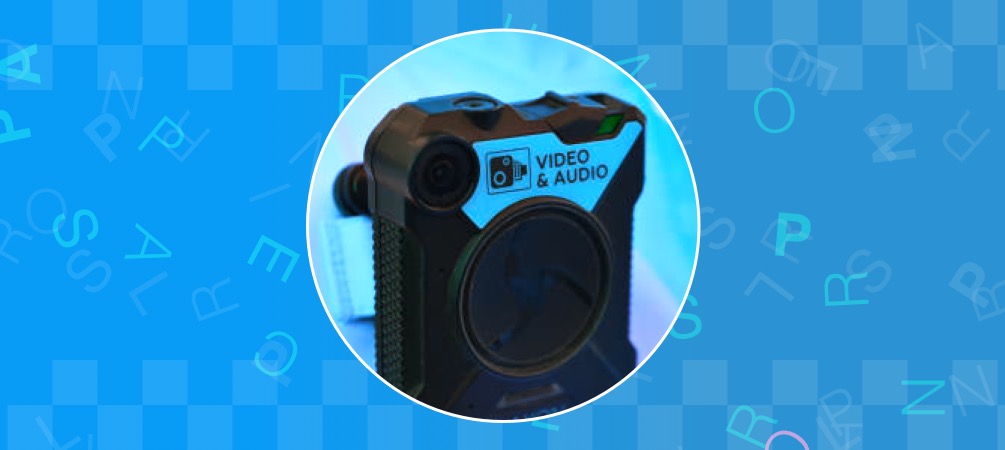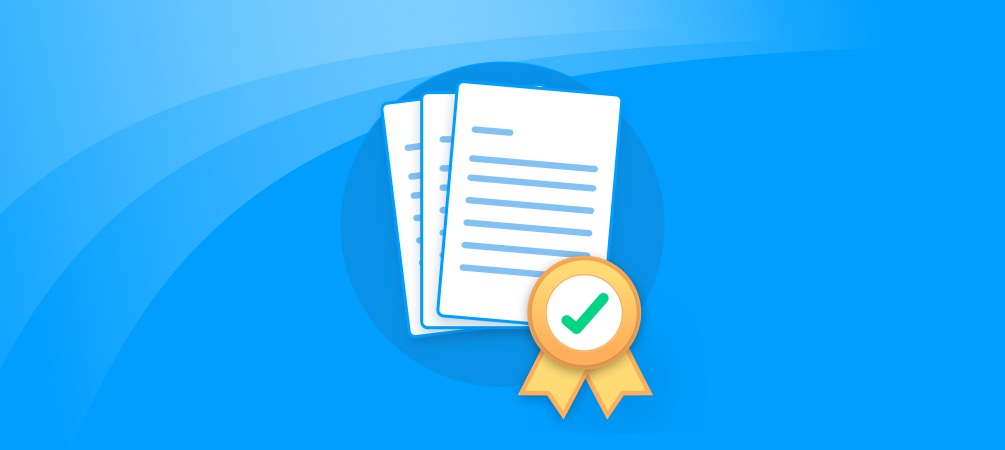Transcripts add value beyond the courtroom in ground-breaking experiment
The transcripts for a criminal case surpassed their primary purpose of providing admissible evidence in court, as shown by a pioneering social experiment.
The directors of Apple Transcription have examined a docuseries which brought into question the reliability of the jury by using the transcripts of a real-life trial to recreate the proceedings word for word.
Investigating the UK’s criminal justice system, Channel 4’s The Jury: Murder Trial, got co-directors Christine Vaughan and Dorothy Roberts thinking about the significance of ensuring evidence brought before a court is relayed verbatim.
The four-part series uses actual evidence to bring the case to life, including PACE interviews, testimonies, and the hearing itself, with the aim of testing if two isolated juries reach the same verdict when presented with identical information.
Christine said: “This goes beyond the regular re-enactment of court proceedings I’ve seen in the past, as it uses the real words and actions without changing a single detail.
“The viewer can solely focus on the facts and the jurors’ interpretation of the accounts given, rather than a dramatised version of the events.
“The fact that the accounts of an actual case were used as the script, hones in on the point that evidence needs to be at the highest degree of accuracy, so much so that it can tell a coherent story without the need to add in extra context.
“It was interesting to see that the value of transcription goes beyond the real-time verdict, and in this instance helped reveal ground-breaking insight into our judicial system.”
Dorothy states producing an objective account is essential for admissible evidence, particularly as the series shows people will approach sensitive topics with their own prejudices.
She added: “The jury’s interpretation of evidence had major effects on the outcome, so as transcribers, we have a duty to produce accurate transcripts without adding an extra layer of our own biases.
“We’re often not told why a transcript of an interview is required, which helps us retain our objectivity.
“For example, if a subject mumbles and we can’t differentiate between words, we flag it as ambiguous, putting our own interpretation in brackets with a timestamp so that it can be checked by the client.
“Also, if there’s white noise or gaps in an audio recording, we always specify this rather than guessing or not disclosing it.
“We never embellish or leave anything out, as this may sway a decision. Our job is to accurately transcribe what we hear, not to act as judge and jury.”
Apple Transcription handles vast amounts of data that includes highly sensitive police interviews, bodycam footage and court recordings.
For more than a decade, the company has retained its International Organisation for Standardisation (ISO) 9001 Quality and 27001 Data Security certifications, in addition to its Cyber Essentials accreditation.






